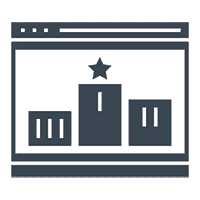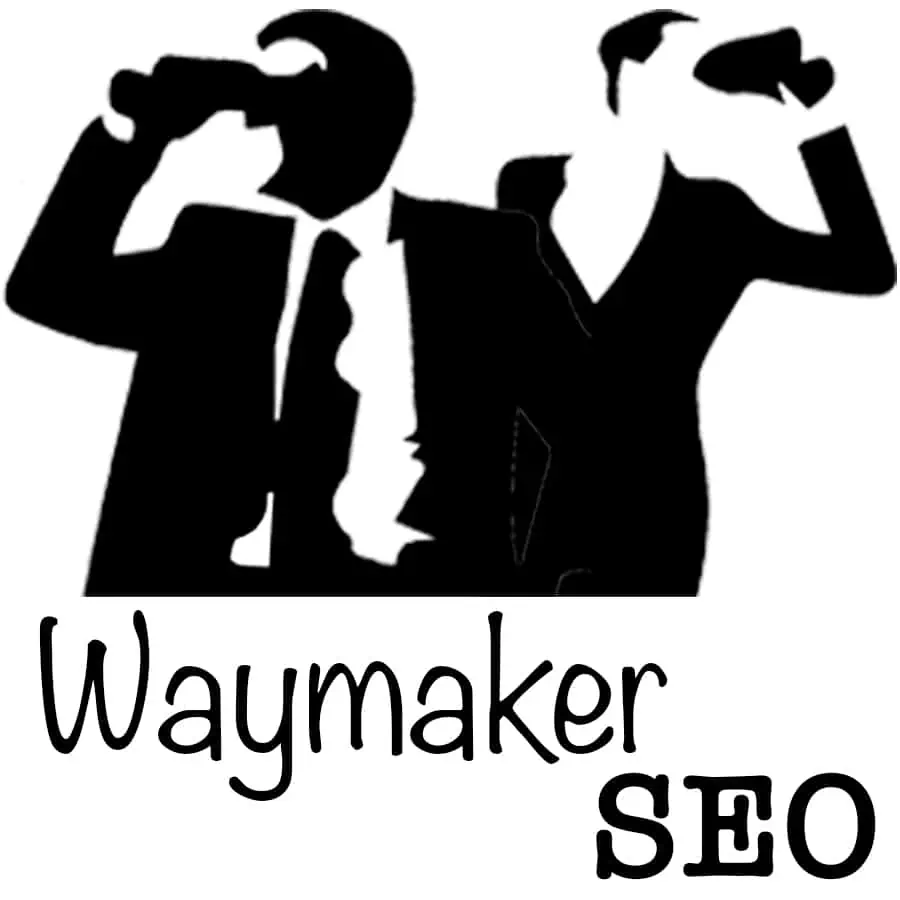Creating a holistic Search Engine Optimization (SEO) plan requires many factors to be considered. These factors essentially help or hinder your SEO success. Some SEO factors have varying degrees of difficultly to overcome. I hope to lay out a few of the SEO factors and provide some perspective on engaging.
I've organized these based on the 4C method.
Techincal SEO: Code Factors
SEO Code Error Rate
SEO Code errors are one of the most significant areas of control you have for your SEO journey. Reducing errors improves your website's ability to be indexed more entirely and increases the user experience.
SIte & Page Speed
In May 2021, Google was to implement page speed as a factor in rankings. They postponed the full implementation of this process. They have been talking about this for months. Several Search Engine Optimizers report some rank improvements for pages performing well on Page Speed Insights since June 2021.
Site Structure
Site structure is one way to help get more content to web visitors and search engines. The more levels you have to a website, the deeper some of your content can be. The deeper level content on the site structure, the less likely it will be indexed naturally through a top-down crawl but could be picked up due to a backlink.
On-Page Optimization
On-page optimization is a combination of code and content efforts. Ideally, web developers and marketers create web pages for users first, and then the page is optimized for Search Engines. Each page should be optimized and have all the technical components in place.
Content and Keyword Usage
Content Creation

Keyword Usage
Keyword usage is one level after the content creation strategy. There are two broad strategies. Research keywords and write content around these words or optimize your lower-ranked pages for your keywords.
A keyword strategy can inform a content creation strategy, but generally, creating content for your audience is first. Once the content is in place, you can optimize pages for specific keywords or research new keywords and content.
Backlinks: Community
Backlinks are one of the most challenging factors. A backlink is a link from another website to your website. You can't control who will and won't link back to your site, nor can you control the backlink type. However, some websites may allow a backlink (social media sites, directory sites, etc.) that you can place on your profile or on a piece of content you place on their site.
Ideally, you want websites with higher quality and more relevant topics backlinking to your website.
Competitors and Competition

SEO is a marathon. It's best to know the pace you need and monitor your efforts to stay in your ideal position. It becomes even more critical when working on a strategy to gain more ranks, more traffic, and better conversions.
Want to know how your website is doing?
Check out the SEO audit service. I can provide an overview for the various areas or cover a broader range with more details.
Want to Chat?
I can provide a Free 15-minute Consultation to talk through options and help point you in the right direction.

